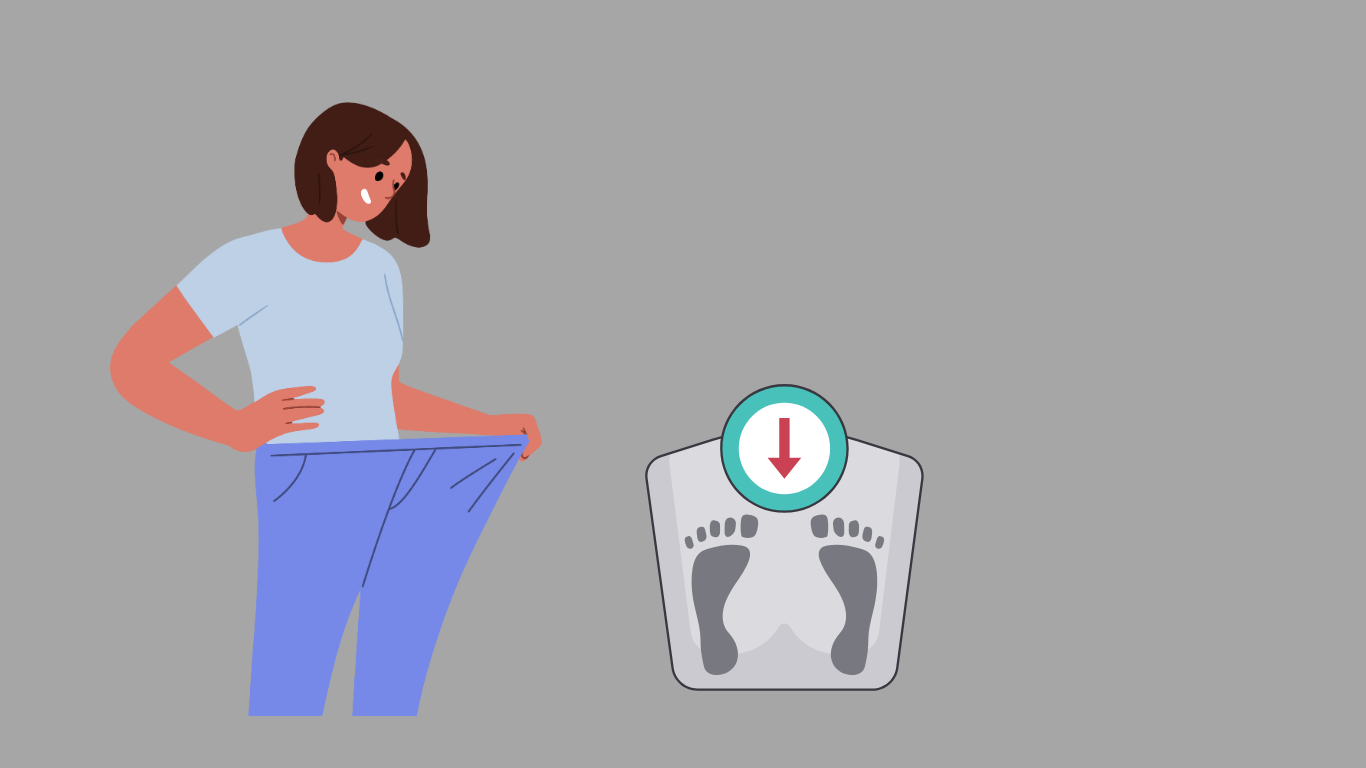Weight management plays a crucial role in diabetes care. Whether you have Type 1 or Type 2 diabetes, maintaining a healthy weight can improve blood sugar control, reduce medication reliance, and lower the risk of complications.
In this blog, we’ll explore the connection between diabetes and weight loss, why it matters, and actionable strategies to achieve your health goals safely.
Why Is Weight Loss Important for Diabetes?
Losing excess weight, especially for people with Type 2 diabetes, offers numerous benefits:
- Improved Insulin Sensitivity: Weight loss reduces insulin resistance, helping your body use insulin more effectively.
- Better Blood Sugar Control: Maintaining a healthy weight can lower fasting glucose levels.
- Reduced Risk of Complications: Weight loss decreases the risk of heart disease, kidney problems, and neuropathy.
For individuals with Type 1 diabetes, maintaining a healthy weight is equally essential to manage blood sugar fluctuations and overall health.
Challenges of Weight Loss with Diabetes
While weight loss is beneficial, people with diabetes face unique challenges:
- Blood Sugar Fluctuations: Exercise and dietary changes can impact glucose levels.
- Medications: Insulin and other diabetes medications may contribute to weight gain.
- Hunger and Cravings: Unstable blood sugar levels can trigger increased appetite.
These challenges can be managed with a well-structured plan tailored to your individual needs.
Best Practices for Weight Loss with Diabetes
1. Focus on a Balanced, Low-Glycemic Diet
Eating a diet that supports blood sugar control is key to healthy weight loss.
- Prioritize complex carbohydrates like whole grains, legumes, and non-starchy vegetables.
- Incorporate lean proteins such as chicken, fish, tofu, and beans to stay full longer.
- Choose healthy fats from nuts, seeds, and avocados.
- Limit sugary and processed foods, which can cause blood sugar spikes.
2. Control Portion Sizes
Eating appropriate portions prevents overeating while stabilizing blood sugar.
- Use the plate method: Fill half your plate with vegetables, a quarter with protein, and a quarter with whole grains.
- Measure snacks like nuts or yogurt to avoid accidental overconsumption.
3. Stay Physically Active
Exercise is a powerful tool for weight loss and blood sugar management.
- Aerobic Exercise: Activities like walking, swimming, or cycling burn calories and improve heart health.
- Strength Training: Building muscle increases your metabolism and enhances insulin sensitivity.
- Consistency Matters: Aim for at least 150 minutes of moderate activity weekly.
Always monitor blood sugar levels before and after exercise to prevent hypoglycemia.
4. Practice Mindful Eating
Mindful eating helps you avoid overeating and stay in tune with your body’s hunger cues.
- Eat slowly and savor each bite.
- Avoid distractions like screens during meals.
- Recognize emotional triggers that may lead to overeating and find healthier coping mechanisms.
5. Work with a Healthcare Team
Your doctor or dietitian can help create a personalized weight loss plan that supports diabetes management. This may include:
- Adjusting medications to reduce weight gain side effects.
- Developing a meal plan tailored to your health goals.
- Offering support and resources for sustained weight loss.
Foods to Include for Diabetes and Weight Loss
High-Fiber Foods
- Oats, quinoa, and barley.
- Lentils, chickpeas, and black beans.
- Non-starchy vegetables like broccoli, spinach, and zucchini.
Lean Proteins
- Skinless chicken, turkey, or fish.
- Tofu, tempeh, or low-fat cottage cheese.
- Eggs and egg whites.
Healthy Fats
- Nuts like almonds or walnuts.
- Seeds like chia or flaxseed.
- Olive oil or avocado.
Common Missteps to Avoid
- Skipping Meals: Skipping meals can cause blood sugar crashes and overeating later.
- Crash Diets: Extreme calorie restriction can destabilize blood sugar and lead to nutrient deficiencies.
- Over-Reliance on Low-Carb Diets: While reducing carbs helps, an overly restrictive approach can deprive your body of essential nutrients.
Success Stories: Achieving Weight Loss with Diabetes
Real-life examples show how lifestyle changes can transform diabetes management:
- Maria (Type 2 Diabetes): Swapped sugary drinks for water, walked daily, and lost 20 pounds in 6 months. Her blood sugar levels normalized, and she reduced her medication dose.
- David (Type 1 Diabetes): Focused on portion control and strength training, losing 15 pounds and improving glucose stability.
The Role of Patience in Diabetes and Weight Loss
Weight loss with diabetes is a gradual process. Setting realistic goals, staying consistent, and celebrating small milestones can help you stay motivated.
Take Control of Diabetes and Weight Loss
Weight loss is a game-changer for diabetes management, offering benefits that extend beyond blood sugar control. By focusing on balanced nutrition, staying active, and working closely with your healthcare team, you can achieve lasting results and improve your quality of life.
Need more personalized tips for diabetes care?
Subscribe below to receive expert advice and meal plans tailored to your needs!


